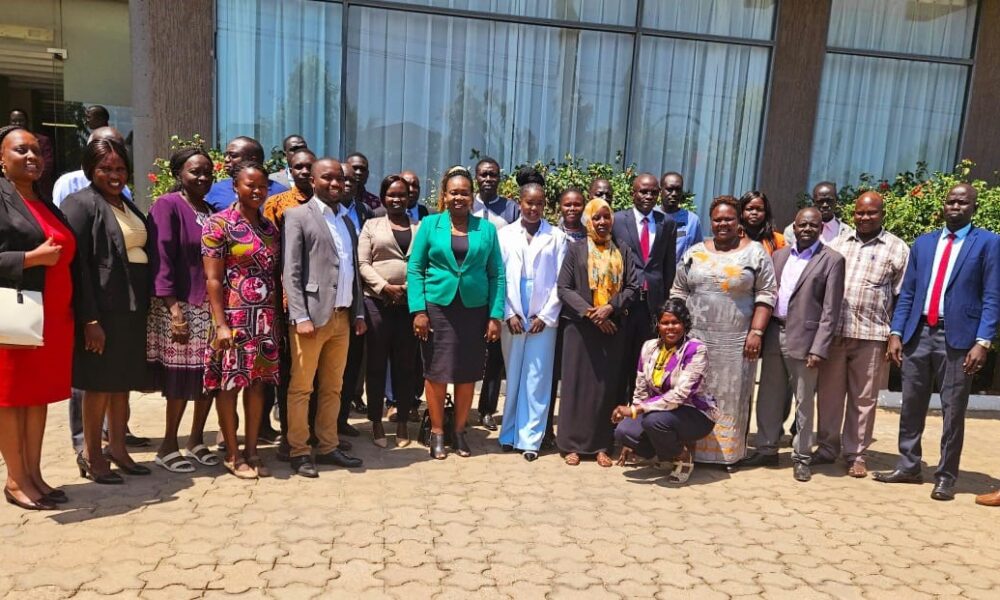By Gladys Fred Kole
Lack of regulatory policies and laws on Genetically Modified Organisms (GMOs) in South Sudan puts the country at risk.
Hon. Gideon Gatpan said the country imports food and agricultural seeds from countries encouraging GMOs, yet it doesn’t have regulatory policies and laws.
“The GMOs are good but they come with a lot of issue. When they are toxic, they cause a lot of issue to human health” Gatpan said
- Gideon Gatpan is a member of East African Legislative Assembly’s Committee on Agriculture, Tourism and Natural Resources.
The committee has embarked on assessment of policies and laws on Genetically Modified Organisms (GMOs) that include both animals and plants within the East Africa Community partner states.
The ongoing assessment covering Kenya, Burundi, Rwanda, South Sudan, and Tanzania, gathers information regarding crops and animals whose genes could have been modified posing a health risk to human and organic crops.
Hon. Gideon Gatpan, South Sudan representative to East African Legislative Assembly (EALA) is also chairperson of the subcommittee assessing South Sudan.
Consumption of Genetically Modified Organisms according to Hon. Gideon is associated with stomach cancer and could erase the organic plants yield due to their higher rate of cross pollination that weakens the crop production.
Kenya’s uplift of a 10-year ban on GMOs has left the region worried of food imports and consumption in the partner states.
According to Hon. Woda Jeremiah, who also represents South Sudan in the East African Legislative Assembly, the country has no direct laws that regulate GMOs seeds and food importation.
“The country currently has no policies but the Ministry of Agriculture said they would sit down to study it because GMOs is considered a sub-type of Bio technology that is already mentioned in other policies” said Hon. Woda.
This oversight activity by the East African Legislative Assembly Committee on Agriculture, Tourism and Natural Resources are an arrangement in line with the East Africa Treaty on Cooperation in Agriculture and Rural Development that aims on achieving food security and rationalize agricultural production across EAC.
The issue of the genetically modified organism is seen as an urgent area of concentration considering the risk poised in the agricultural and the health sector.
Although arguments still consider South Sudan not to be prepared for any Genetically Modified Organism, the country remains importing both food and agricultural seeds from partner states in the community including Kenya that has uplifted a ban on the GMOs.
“There is high risk in terms of importing seeds that are GMOs and this have a high rate of cross pollination that may have dominancy over indigenous seeds” stated Hon. Gideon Gatpan.
According to the East African Community Legislators, farmers need to be participants in the development of laws that regulate the GMO’s and have the Ministry of agriculture engaged in any of the seeds imported into South Sudan.
South Africa and Sudan are the major countries currently leading in the GMOs production in Africa with several developed countries across the world stretching a total ban on its production across the world.
South Sudan is believed still open with no strong laws line towards cultivation and importation of genetically modified organism seeds into the country that has currently used less than 4% of the agricultural land to feed its population.




